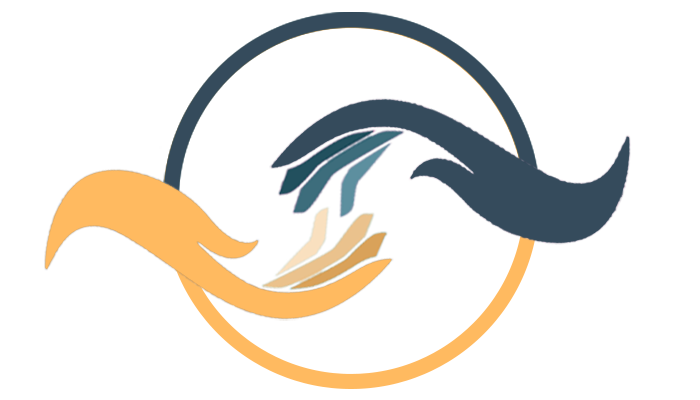It’s not what you do that gives you happiness, but the happiness that you put into what you do is the reason why you feel happy. This means that, ultimately, we don’t find our joy in the task we are performing but within ourselves. It begins the moment we believe the task itself gives us joy. A belief is where it all begins.
We often believe that certain things make us happy. We live our lives telling ourselves stories about the things we like or dislike. We use our sense of identity to repeatedly tell ourselves that we like certain activities and dislike others, so that’s what we create. Therefore, we feel the rapture of being alive only through those activities we like, which we believe are the cause of our contentment. The rest of the time, we just don’t feel it.
Let me be clear. It doesn’t mean we should like everything. However, we have an opportunity to not make such classifications part of our identity. We’re presented with the possibility to break the mold, presented with the flexibility and power to navigate, to flow in states of being of our choosing, regardless of the activity. In the end, it all comes down to this: choice. Choose your beliefs, and you choose the states of being you want to experience.
Oftentimes, when we encounter challenges along the way, either out of fear or lack of awareness, we decide to stick with our previously known beliefs and resist change. As a part of life, challenges and a wide variety of influences won’t go away, but behind limiting beliefs is hidden the essence of our being, which is available to all of us.
Have you noticed that, unless something or someone is causing them harm, children are naturally happy? Regardless of the activity, children know the feeling of bliss. They’re in a natural state of ecstasy with life. Have you ever observed a child spinning around? Arms outstretched and blissfully happy? Have you noticed that they run around, just for the sake of running, while they laugh? Have you ever wondered why they look so happy?
One may say: “That’s because they’re children!” However, a closer look may give us a better idea of why they experience such bliss and, at the same time, open the path to our own joy.
A person looking for happiness is akin to a man looking for his own clothes, unaware that he’s wearing them, feeling cold and naked. Blinded by his own beliefs, he’s forgotten what he already has. Others might say he’s crazy; after all, he’s already wearing his clothes. However, behind any trace of insanity, there is a set of beliefs altering his perception. The state of happiness exists in only one place: within you. You’re searching for what you already have.
Of course, different activities share distinct characteristics, providing us with many options for self-expression and experience. We all know this. Nonetheless, we don’t need anything in particular to feel the enthusiasm for life that will ensure further happiness. There’s only one thing that can keep us from being happy: the belief that we can count happiness as an activity rather than a state. When we come to understand that the state of joy comes from our own beliefs and not from the activities themselves, we have the power to hack our minds to experience what we were looking for in the first place: the state of being. Our minds were hacked by limiting beliefs and all we have to do now is to release them, allowing ourselves to rejoice in who we are.
But how do we make that happen in our daily lives? Let’s consider two possible choices: you may get angry or sad, and say, “I don’t like doing this”, whatever this is, even if you’re already doing it anyway, or you can choose differently. If you choose the latter, start by identifying the inner states of being that bring you bliss. Be consciously clear on what they are, so that when you come across an activity you once thought you couldn’t bear, this time you bring such states of being to the surface. After all, they’re at your disposal.
Recently, I had a conversation with a friend of mine who was on a boat trip to see whales, experiencing a remarkable state of being when they appeared and interacted with the boat. She felt like a child again. But she was sad afterward because she realized how her experience was fleeting and how difficult it seems to enter daily into those states. What could have gone unnoticed is that seeing whales is a dream she had a long time ago. She believed it was something she wanted to see in her life, which would give her so much joy. That’s what happened. Who gave her this joy? Whales? Or her chosen belief?
Can we experience ecstasy in our lives without sex? Can we marvel without the drug or the landscape? Can we find joy in our day to day without the object of affection? Although these and other experiences may have their place, they’re often overestimated as a source. In the meantime, there’s a blessing in disguise available to all of us: the power of our own beliefs and choices.




Recent Comments